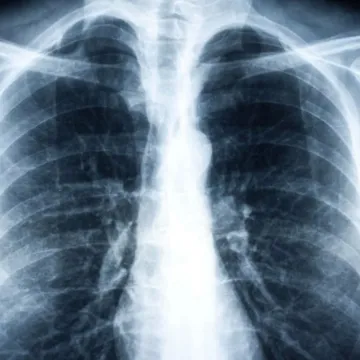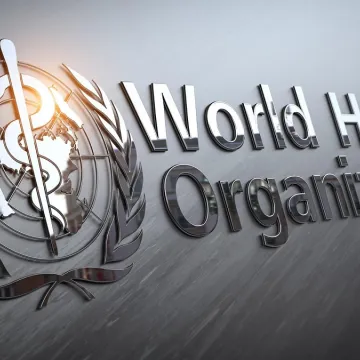July weather shines a spotlight on preventive health

Dr. Dolphine Nyaberi, Senior Manager, Care Management & Outcomes Jubilee Health Insurance.
July marks the height of Kenya’s cold season, a period often accompanied by a sharp rise in respiratory illnesses. For many, a stubborn cough or stuffy nose feels like a seasonal inconvenience.
But for millions, particularly children under five, the elderly and those with chronic health conditions, this is a high-stake season where simple symptoms can escalate into medical emergencies.
According to the 2024 Kenya National Bureau of Statistics, respiratory diseases now account for over 30 per cent of outpatient visits, more than malaria or gastrointestinal infections.
Pneumonia remains the leading cause of death among men and the second among women, with nearly 10,000 lives lost in 2024 alone. Among children under five, it remains a leading cause of preventable death.
Respiratory diseases
Respiratory diseases become more prevalent in cold weather for several reasons. Low temperatures and dry air irritate the airways and weaken the body’s natural defenses. Many respiratory viruses, such as influenza survive, and remain infectious for longer, in cold environments.
People also tend to spend more time indoors in poorly ventilated environments. These conditions make it easier for airborne viruses like influenza and even residual COVID-19 strains to spread.
Some effective precautionary measures include dressing appropriately for the weather to maintain body warmth, staying well-hydrated to keep the respiratory tract moist, and ensuring that indoor spaces are kept warm but well-ventilated to reduce the concentration of airborne pathogens.
Handwashing with soap and disinfection of surfaces are simple measures that can prevent contact-based transmission of respiratory visures. Avoiding crowded or poorly ventilated places helps minimize exposure to infections and prevents spreading illness to others.
Vaccination also plays a critical role. The annual influenza vaccine and pneumococcal vaccine for at-risk groups are readily available and effective in reducing both the severity of illness and the risk of complications. Despite their proven benefits, these vaccines remain underutilized.
Chronic respiratory conditions
For people with chronic respiratory conditions like asthma or Chronic Obstructive Pulmonary Disease, cold weather can trigger severe and unpredictable symptoms. These patients should have quick-relief medication on hand, attend scheduled medical reviews, and remain alert to any worsening of their symptoms.
In children, wheezing and labored breathing should be addressed early rather than passively observed in the hope that they will resolve on their own.
Beyond individual action, this season highlights the broader need for a preventive health mindset. Too often in our health system and public behavior, people only seek care when symptoms have already become severe.
At Jubilee Health Insurance, we have seen the difference early intervention makes. When patients can access medical care early, manage chronic conditions consistently, and receive the right treatment without financial barriers, outcomes improve significantly. Our focus is on enabling this kind of proactive care especially during high-risk seasons like this one.
Environmental factors
Respiratory health, however, is not determined by medical care alone. It is shaped by environmental factors such as air quality, indoor pollution from cooking fuels, and the ability to live and work in well-ventilated spaces.
Addressing the growing burden of respiratory disease will require more than seasonal awareness. It calls for sustained public health education, stronger vaccination uptake, and policies that support cleaner environments and wider access to care.
As the cold season continues, do not dismiss respiratory symptoms as routine. If you have a persistent cough, shortness of breath, or chest discomfort, seek care early. Pay close attention to children and older family members as they are more vulnerable.
Talk to your doctor about available vaccines and take preventive steps now. Respiratory illness is common, but with timely action, it does not have to become serious. With the right habits, support, and information, we can help our families and communities breathe easier.
The author, Dr. Dolphine Nyaberi, is the Senior Manager, Care Management & Outcomes Jubilee Health Insurance





